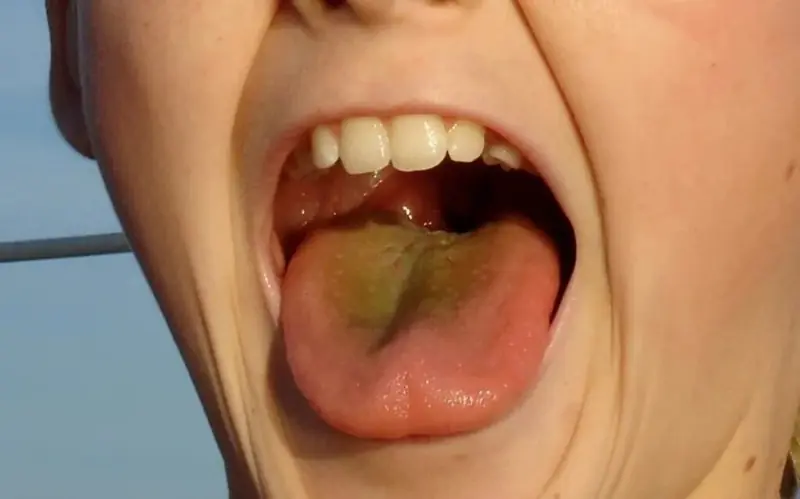
Alzheimer's Breakthrough: Key Protein Found in High Levels in Newborns, Offering Hope for New Treatments
Alzheimer's Breakthrough: Key Protein Found in High Levels in Newborns, Offering Hope for New Treatments

A groundbreaking international study, spearheaded by the University of Gothenburg and highlighted by Neuroscience News, has uncovered a fascinating twist in our understanding of Alzheimer's disease.
The Mystery of p-tau217
The study analyzed blood samples from over 400 individuals across various age groups, including premature and full-term newborns, young adults, elderly adults, and individuals diagnosed with Alzheimer’s.
p-tau217 is a phosphorylated form of the tau protein, notorious for forming toxic tangles in the brains of Alzheimer's patients, contributing to neurodegeneration.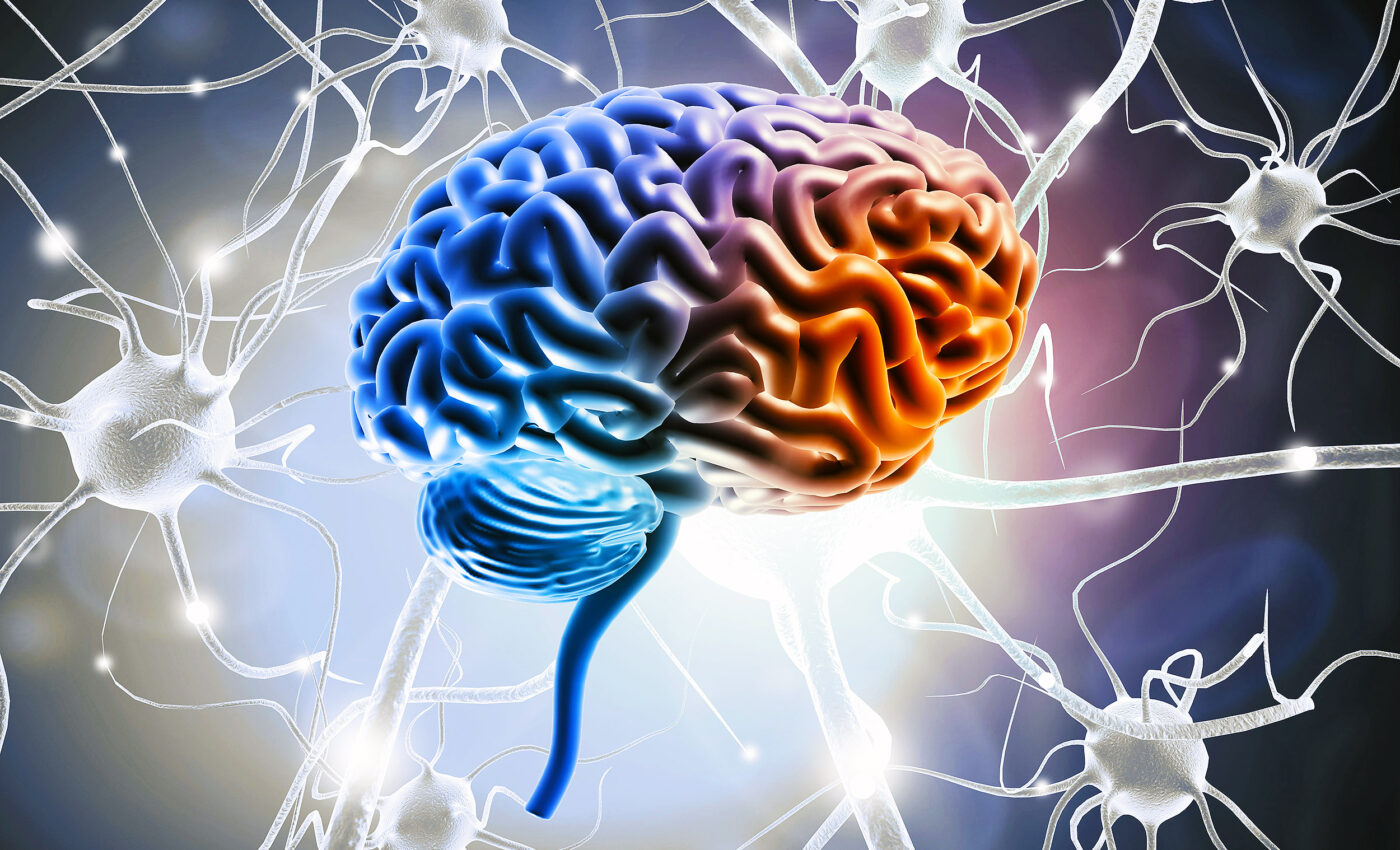
A Challenge to Existing Assumptions and New Therapeutic Avenues
This discovery fundamentally challenges the long-held assumption that p-tau217 is solely a marker of neurodegeneration. It poses a profound question: how can the brains of newborns tolerate such high levels of this protein without experiencing damage, a stark contrast to its detrimental effects in older brains?
Researchers believe that unraveling the mechanisms behind this natural resilience in infants could pave the way for entirely new therapeutic strategies. Understanding how newborn brains manage and utilize p-tau217 without harm might unlock critical insights into preventing or even treating Alzheimer’s disease in the future.
This unexpected finding opens exciting new avenues for research, shifting our perspective on a key Alzheimer's protein and offering fresh hope for groundbreaking treatments.
News in the same category

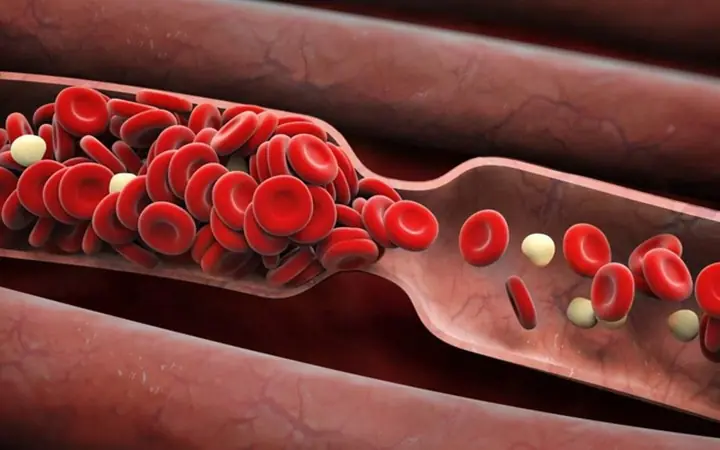
The Main Cause of Blood Clots Discovered – 10 Times Worse Than Fat!
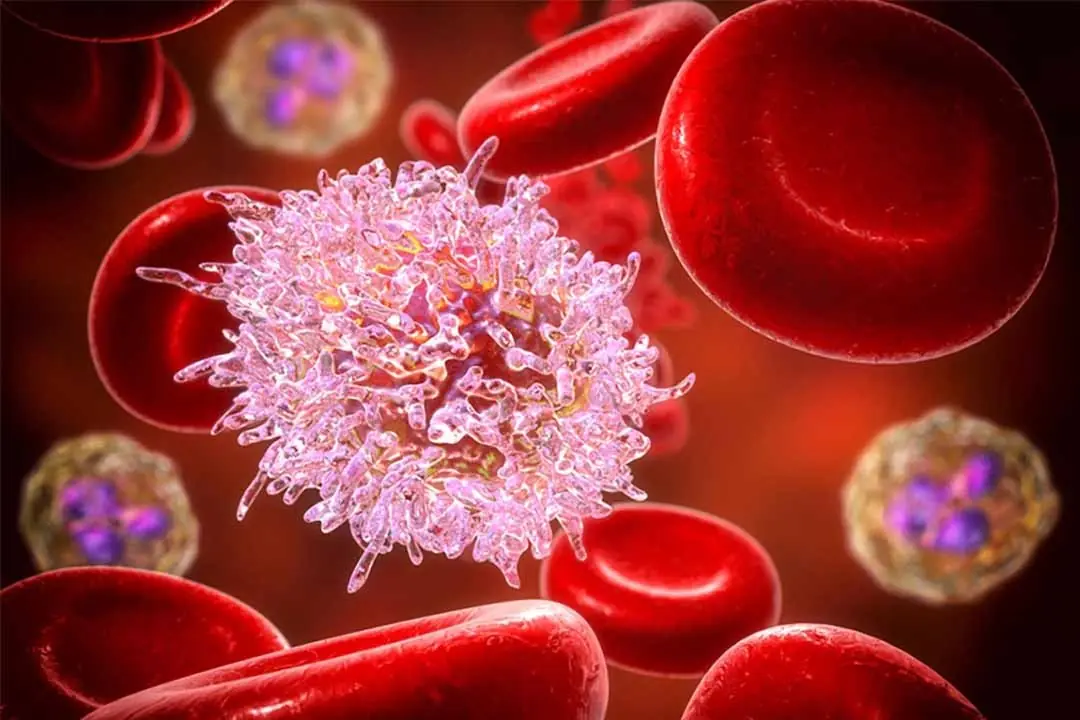
The Leading Cause of Liver Cancer Discovered – 10 Times Deadlier Than Alcohol and Tobacco: The Culprit is 'It
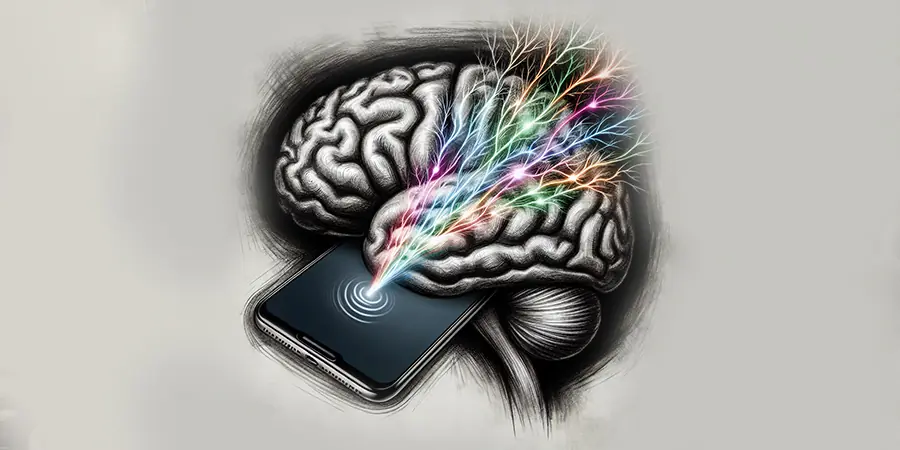
Unplug to Rewire: Just 72 Hours Without a Smartphone Can Change Your Brain
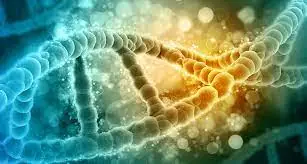
CRISPR Breakthrough: Scientists Successfully Remove Extra Chromosome in Down Syndrome Cells
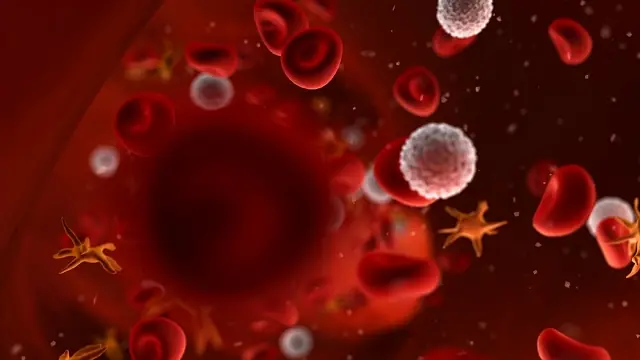
Trojan Horse Therapy: Scientists Engineer Virus to Make Tumors Self-Destruct

Walk Your Way to a Lower Cancer Risk: Just 7,000 Steps a Day Can Make a Difference
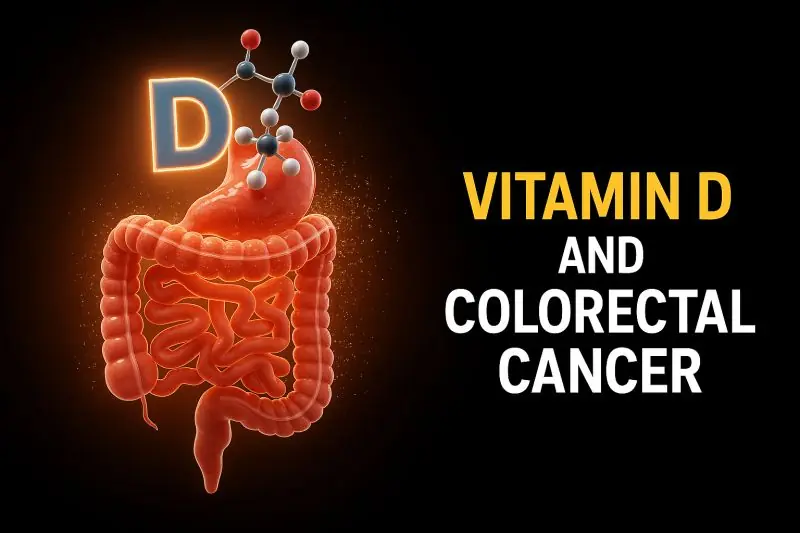
The Sunshine Vitamin's Secret Weapon: How Vitamin D Fights Colorectal Cancer

Woman, 29, Falls Into Coma After Tattoo During Bachelorette Trip To Spain

World’s Oldest Woman, 117, Reveals The One Food Behind Her Long Life
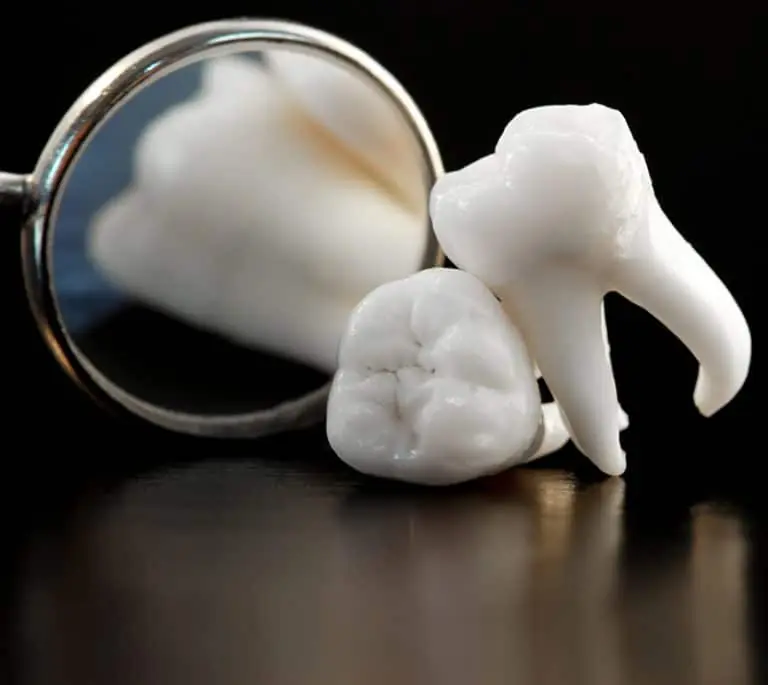
Medical Gold: Why Your Wisdom Teeth Might Hold the Key to Future Cures
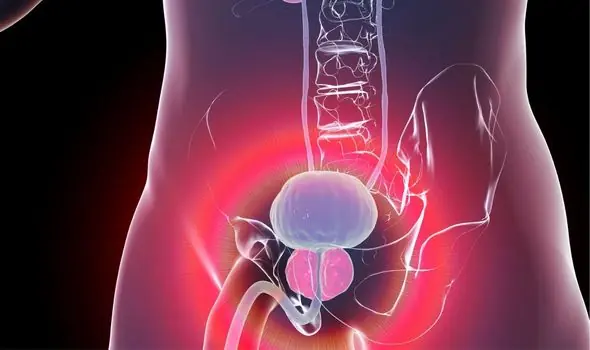
Prostate Cancer: Warning Signs and Symptoms You Shouldn't Ignore

Ditch the Knife: Effective Non-Surgical Treatments for Bunion Pain Relief
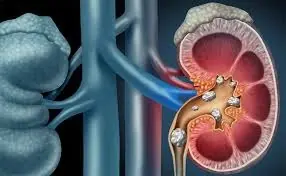
5 Drinks That Can Help Dissolve Kidney Stones and Aid Easy Elimination
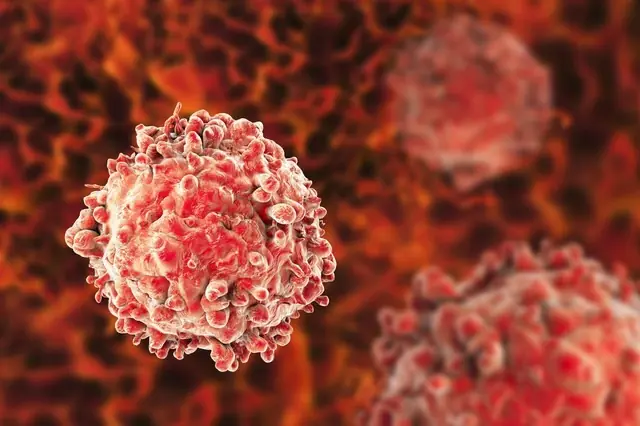
People with Cancer Often Share 8 Morning Signs—Especially Clear After Age 40
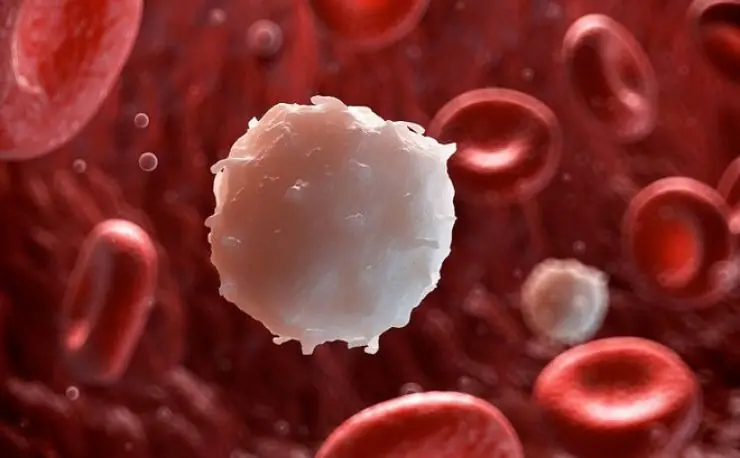
5 Foods That Tumors Hate: Eat These Often for Better Health

Scientists Warn of a Silent Epidemic: Men’s Testosterone Levels Are Plummeting — And Here’s Why
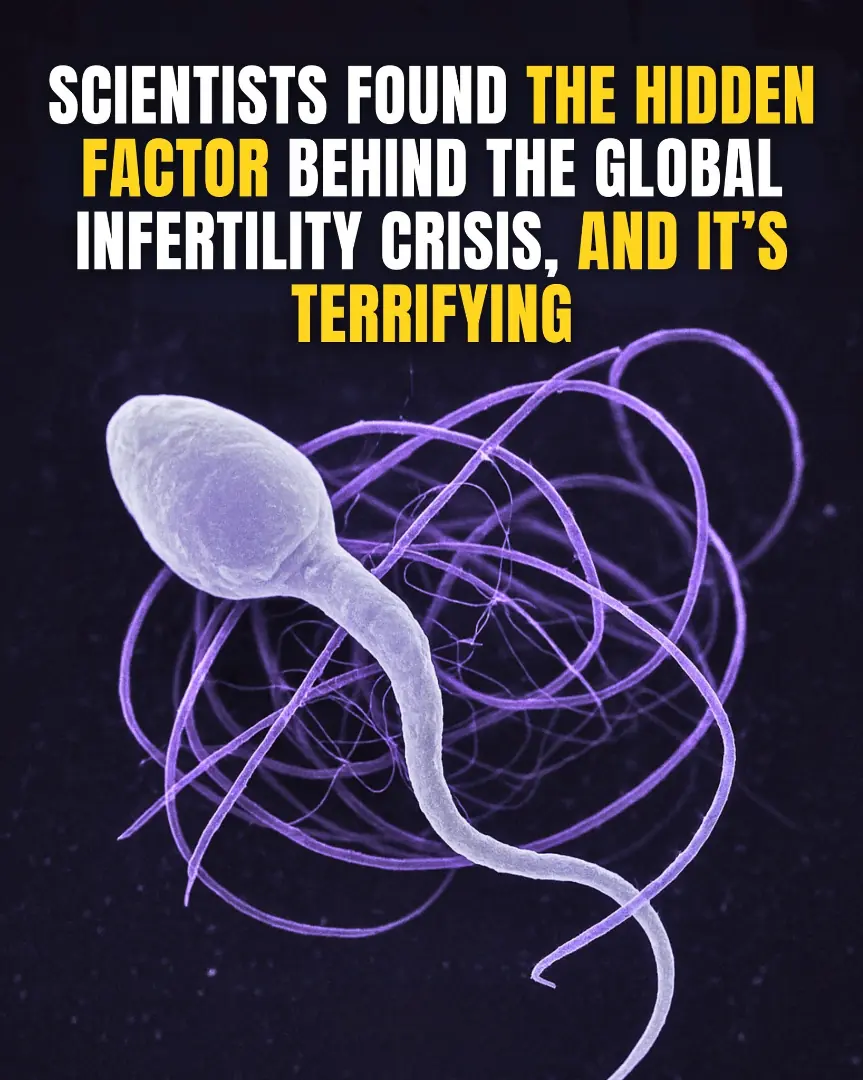
Scientists Found The Hidden Factor Behind the Global Infertility Crisis, And It’s Terrifying

🍵 The Quiet Power of Cinnamon Tea: A Simple Sip for Natural Balance
News Post

Scientists Reveal Genetic, Brain And Trauma Link Behind Hoarding Disorder

Most People Have No Idea What The Lines On Bath Towels Actually Mean

Why Charging Your Phone To 100% Could Be Harming Its Battery Life

FBI Declassified 1,427 Secret Files On Einstein—Internet Reacts

The Volume Buttons On Your Iphone Has Many Hidden Functions

If Your Tongue Is Yellow, Be Cautious of These 5 Diseases

The Main Cause of Blood Clots Discovered – 10 Times Worse Than Fat!

The Leading Cause of Liver Cancer Discovered – 10 Times Deadlier Than Alcohol and Tobacco: The Culprit is 'It

Here’s Why You Shouldn’t Sleep With A Fan At Night

If You See A Woman Wearing A Wedding Ring On Her Pinky Finger Here’s What It Means

What’s The Purpose Of The Fabric Strip Across Hotel Beds

Unplug to Rewire: Just 72 Hours Without a Smartphone Can Change Your Brain

CRISPR Breakthrough: Scientists Successfully Remove Extra Chromosome in Down Syndrome Cells

Trojan Horse Therapy: Scientists Engineer Virus to Make Tumors Self-Destruct

Walk Your Way to a Lower Cancer Risk: Just 7,000 Steps a Day Can Make a Difference

The Sunshine Vitamin's Secret Weapon: How Vitamin D Fights Colorectal Cancer

Woman, 29, Falls Into Coma After Tattoo During Bachelorette Trip To Spain

Scientists Achieve First Dream-To-Dream Communication Using Brain Waves

How I Reclaimed My Life After My Husband’s Betrayal and Their Inevitable Divorce
After 14 years of marriage shattered by infidelity, I found strength to rebuild a new life for my children and myself. This is the story of betrayal, resilience, and how my ex-husband’s affair led to a painful but necessary divorce.